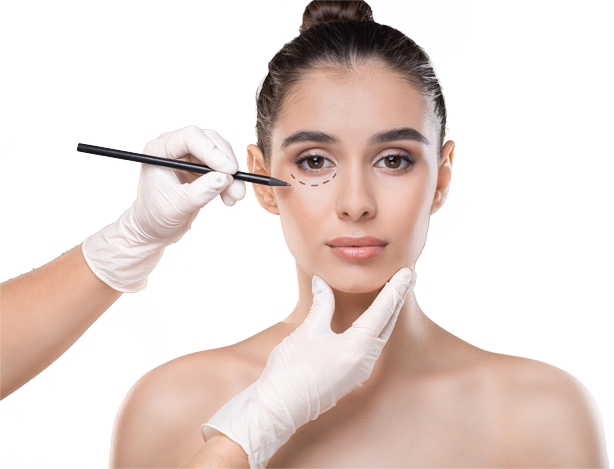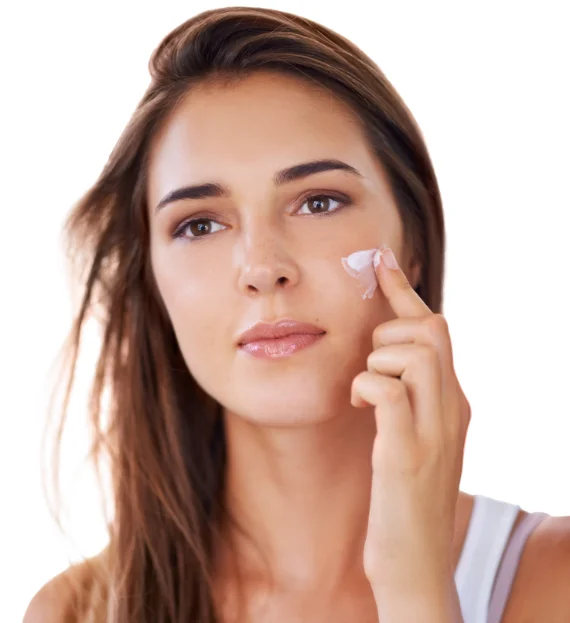Moisture retention
Most Popular Procedures
Moisture retention refers to the ability of a substance or material to retain moisture or water. In the context of skincare, moisture retention is a crucial factor for maintaining healthy, hydrated skin. The outermost layer of the skin, called the stratum corneum, acts as a barrier to prevent water loss from the skin. However, this barrier can become damaged due to factors such as harsh weather, sun exposure, or the use of harsh skincare products, leading to water loss and dry skin.
To improve moisture retention in the skin, it’s important to use skincare products that help to repair and strengthen the skin barrier. These may include products that contain ingredients such as humectants, which help to attract and retain moisture in the skin, and occlusives, which form a protective barrier on the skin to prevent water loss. Examples of humectants include hyaluronic acid, glycerine, and urea, while occlusive ingredients may include petrolatum, dimethicone, or shea butter.
Moisture retention
Multiple Treatment Options
In addition to using skincare products that help to improve moisture retention, other lifestyle factors can also affect the skin’s hydration levels. For example, staying hydrated by drinking plenty of water and avoiding excessive alcohol and caffeine consumption can help to improve skin hydration. Additionally, avoiding hot showers or baths, using a humidifier in dry environments, and avoiding harsh soaps or detergents can all help to maintain healthy, hydrated skin.
Faq
Frequently Asked Questions
- Moisture retention refers to the ability of a substance or material to retain moisture or water. In the context of skincare, it refers to the ability of the skin to hold onto moisture to keep it hydrated and healthy.
A. Moisture retention is crucial for maintaining healthy, hydrated skin. The skin's outermost layer, the stratum corneum, acts as a barrier to prevent water loss from the skin. However, when this barrier is damaged, the skin can become dry, flaky, and itchy. Moisture retention helps to keep the skin hydrated, supple, and healthy.
A. Several factors can affect moisture retention in the skin, including harsh weather conditions, sun exposure, air conditioning or heating, use of harsh skincare products, and aging.
A. Ingredients such as humectants, which help to attract and retain moisture in the skin, and occlusives, which form a protective barrier on the skin to prevent water loss, can help improve moisture retention. Examples of humectants include hyaluronic acid, glycerine, and urea, while occlusive ingredients may include petrolatum, dimethicone, or shea butter.
A. Staying hydrated by drinking plenty of water, avoiding excessive alcohol and caffeine consumption, avoiding hot showers or baths, using a humidifier in dry environments, and avoiding harsh soaps or detergents can all help to maintain healthy, hydrated skin.
A. Yes, maintaining good moisture retention in the skin can help improve the appearance of fine lines and wrinkles. When the skin is well-hydrated, it appears plumper and smoother, making fine lines and wrinkles less noticeable.






